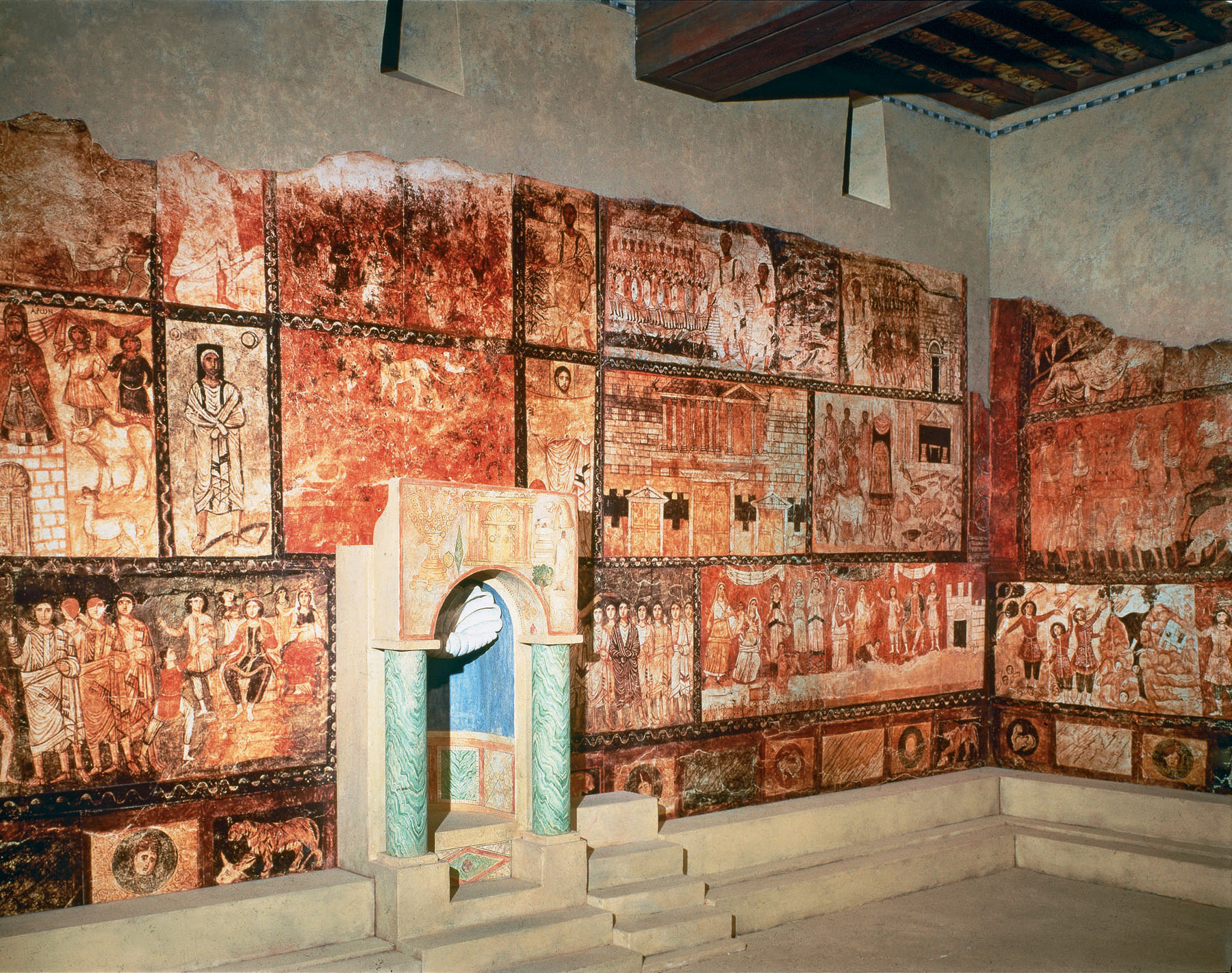And here's the point that Boyarin makes, that I think we all missed when we read that text.
Boyarin writes: (pp.32,33)
"What this text projects is a second divine figure, to whom will be given eternal dominion of the entire world. ...
it (the text) brings us close to at least some of the crucial characteristics of the figure named later, the Messiah or the Christ.
What are these characteristics?
He is divine.
He is in human form
He may very well be portrayed as younger-appearing divinity than the Ancient of Days.
He will be enthroned on high.
He is given power and dominion, even sovereignty on earth.
Boyarin then goes on to argue that these are the characteristics applied to Jesus as he will appear in the Gospels,
The point I want to make is that a second divine figure is not monotheistic. This is plainly, polytheistic.
The second century Book of Daniel, is therefore plainly, a record of Jewish acceptance of polytheism by the time of the book's writing.
Further, it is highly suggestive that the early Christians who accepted the divinity of Jesus (and, eventually the trinity) cannot be regarded as 'apostate.'



